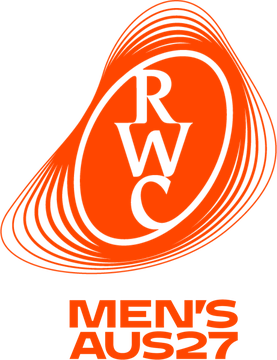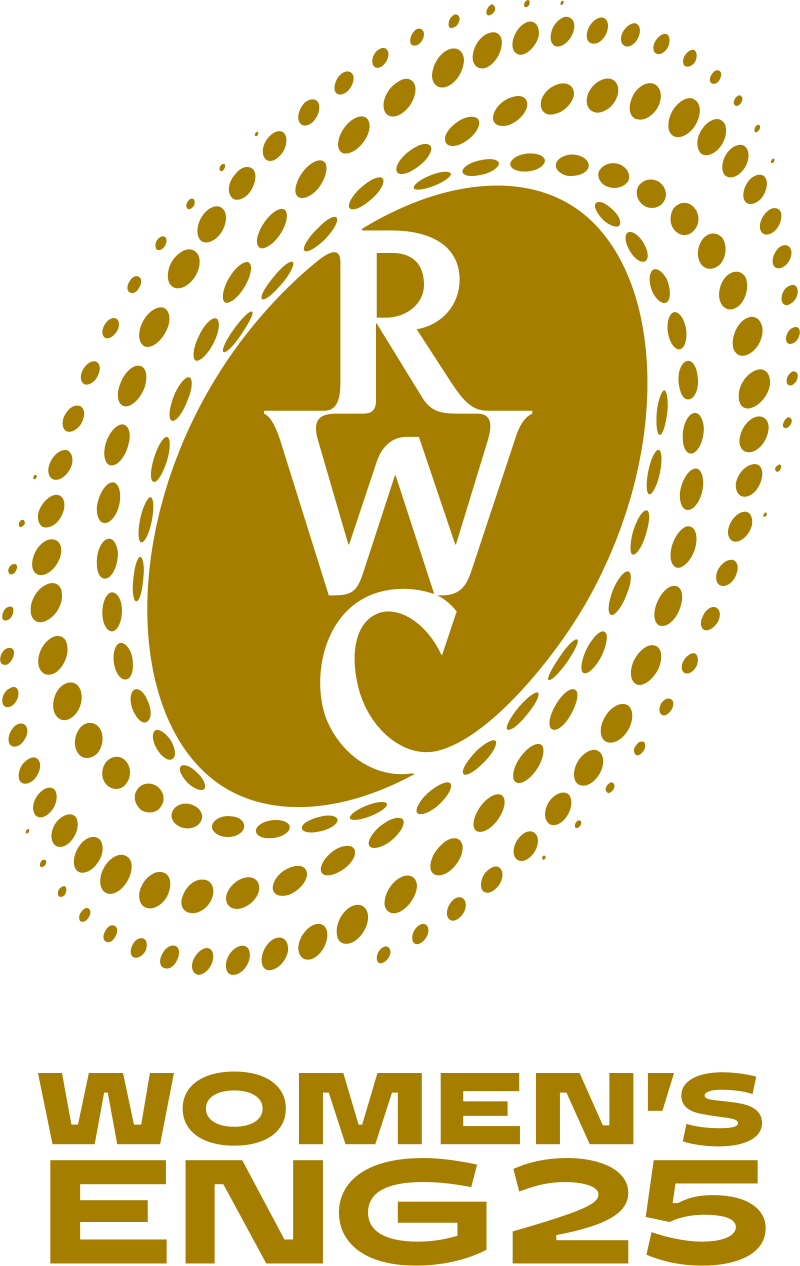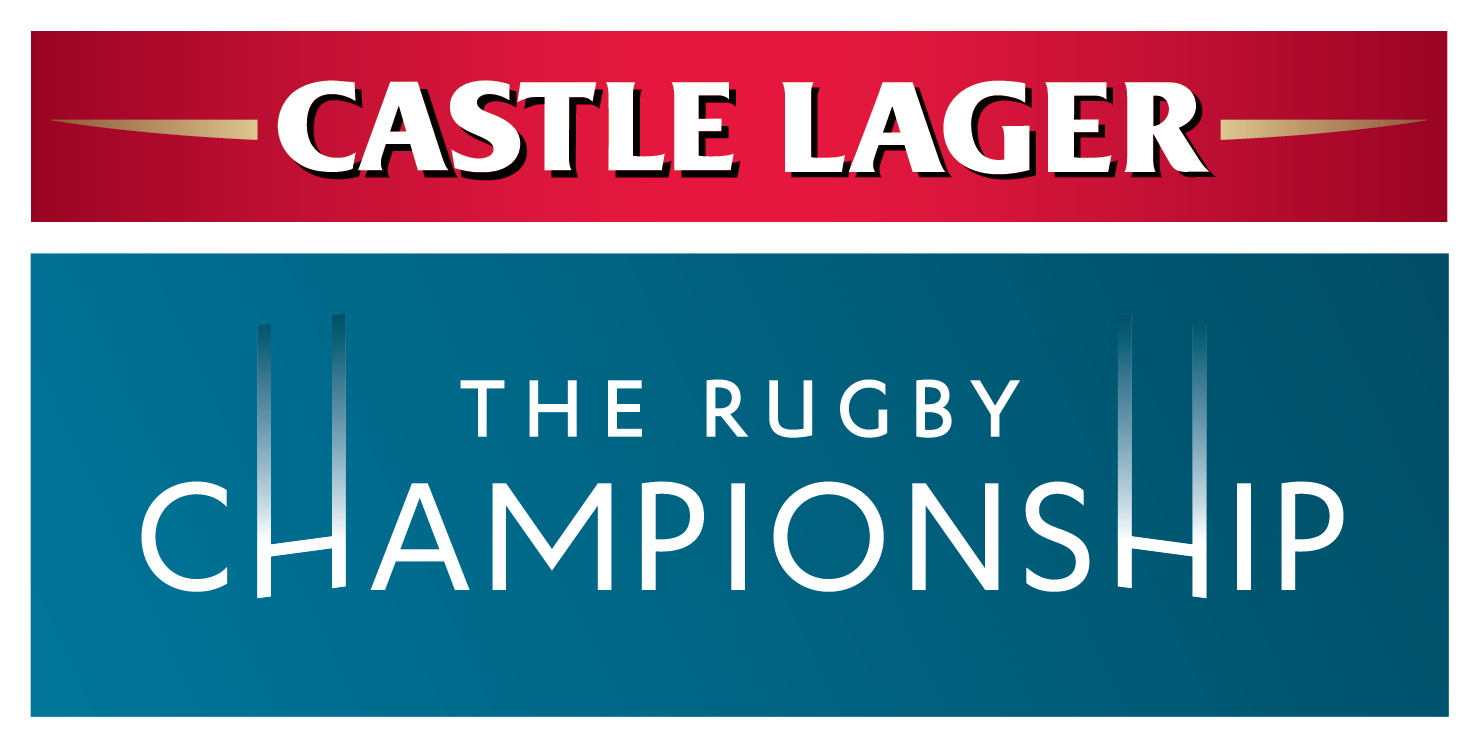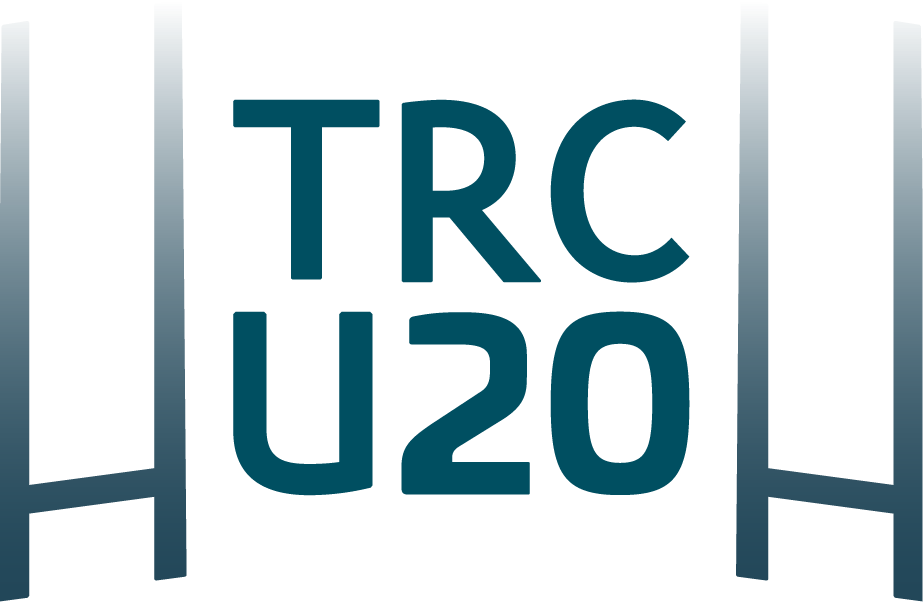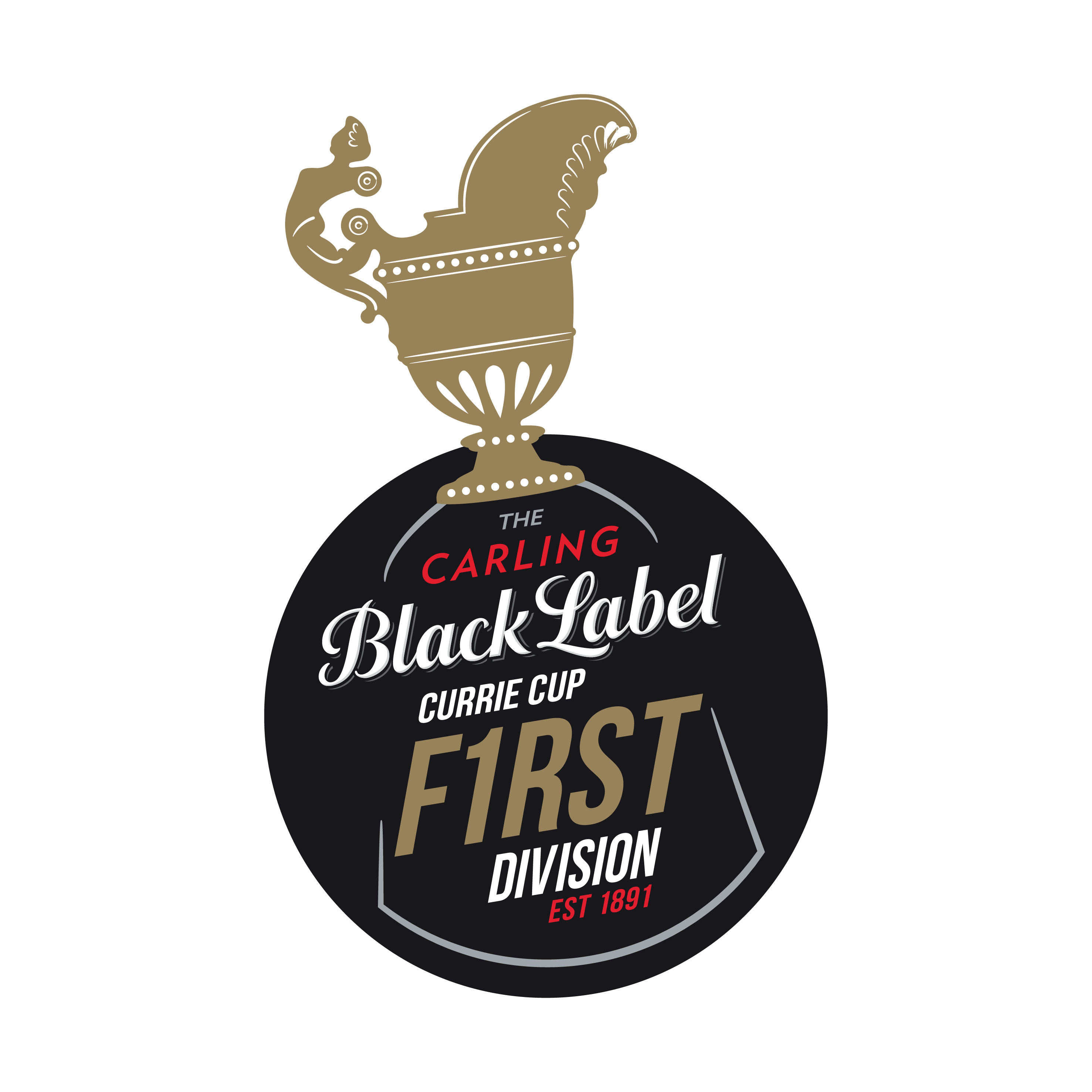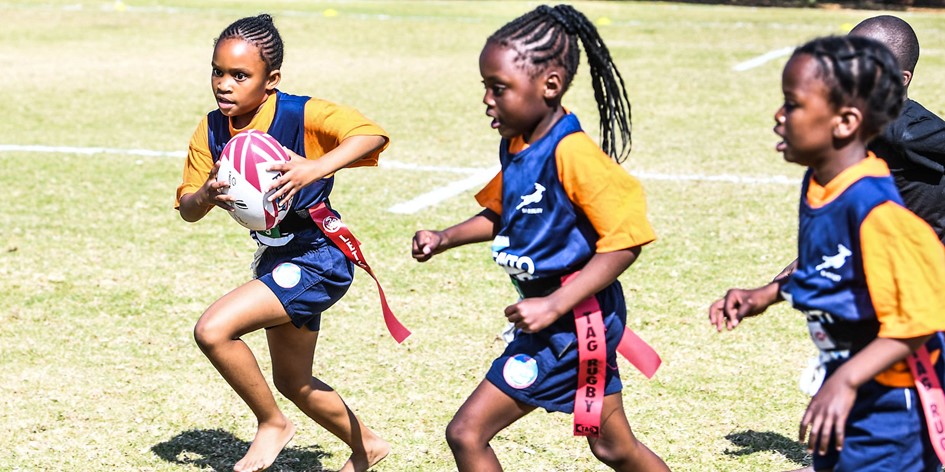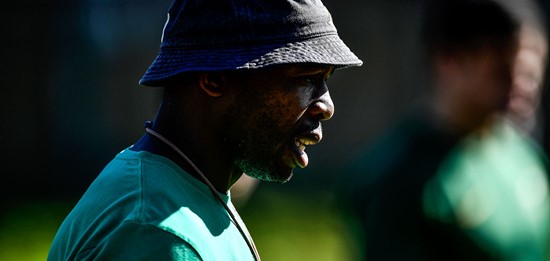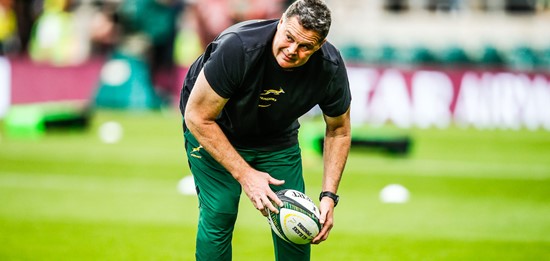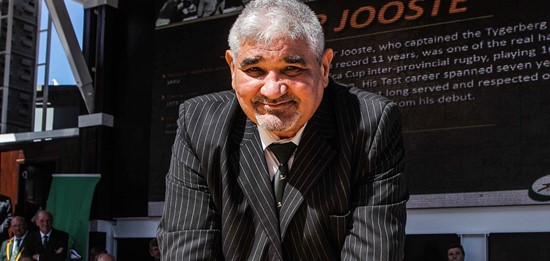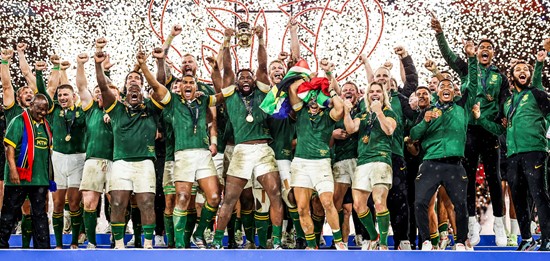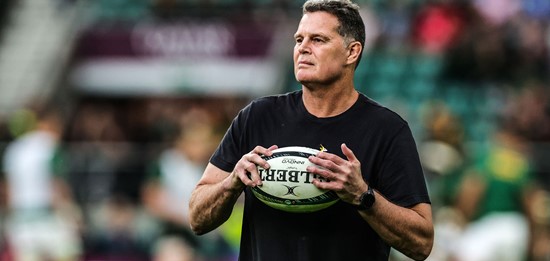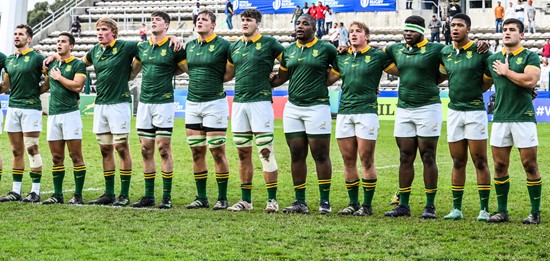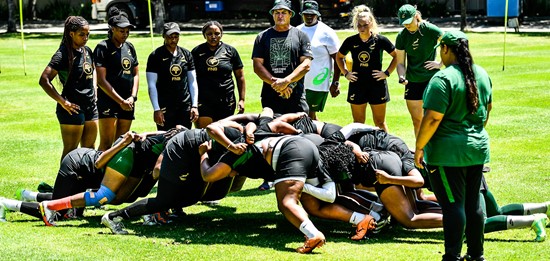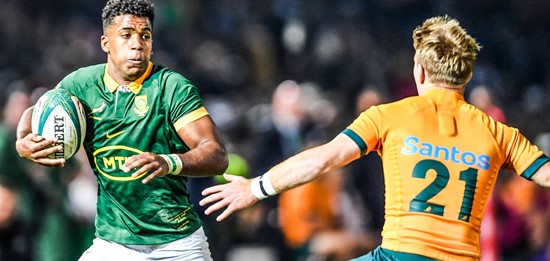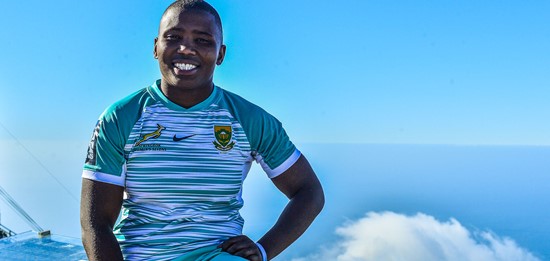The workshop, organised by SA Rugby’s Strategic Performance Management Department, was attended by the organisation’s leadership (President, Mr Mark Alexander, CEO Rian Oberholzer and Executive Council members) as well as other key stakeholders such as schools and the SA Rugby Legends.
Mr Alexander said: “This robust attendance is a testament to our collective commitment to the growth and advancement of rugby. The foundation of rugby is our strength in diversity and our constant pursuit of excellence, which underlines our motto, Stronger Together.”
Oberholzer said the workshop had a clear focus to identify gaps in the community game and find ways to address them: “The purpose of this workshop was clear — to address current limitations and create a roadmap for the sustainable growth of rugby in South Africa.
“It is crucial that we approach this task with inclusivity, ensuring that SA Rugby and its members stand united in our efforts. The intent was always to unite community rugby administrators and key stakeholders to cross-pollinate and learn. We have certainly done this,” he said.
Oberholzer also said he was happy that the workshop had addressed current limitations in the game in South Africa.
“The workshop aligned with the ultimate goal of increased participation and sustainable growth in the sport, including male and female players, referees, coaches, and administrators,” he said.
“We need more educators, trainers and referees, and have asked the unions to nominate people accordingly. The same goes for the urgent prioritization of addressing the lack of qualified women’s coaches.”
Oberholzer also said that World Rugby’s new T1 rugby programme (a ten-a-side modified version of the game) would be endorsed and implemented by all provincial unions.
“T1 rugby is a non-contact sport that fully reflects the unique characteristics of rugby, including scrums, lineouts and breakdown,” said Oberholzer. “The emphasis of T1 rugby – which will now form part of our Get Into Rugby programme – is on fun, fitness, inclusion and time optimisation, which means it really is a game for everyone, played by anyone.
“This will go a long way in creating a sustainable pathway for amateur women's rugby, with emphasis on the importance of girls playing rugby at the primary school level.”
The comprehensive agenda covered critical topics such as budget discussions, capacity building programmes, safeguarding, tackle height, BokSmart compliance, community initiatives, referees, and coaches. Presenters brought a wealth of knowledge and expertise to guide discussions for the growth of rugby.
The workshop concluded with a unified commitment to driving positive change and growth within the South African rugby community.







